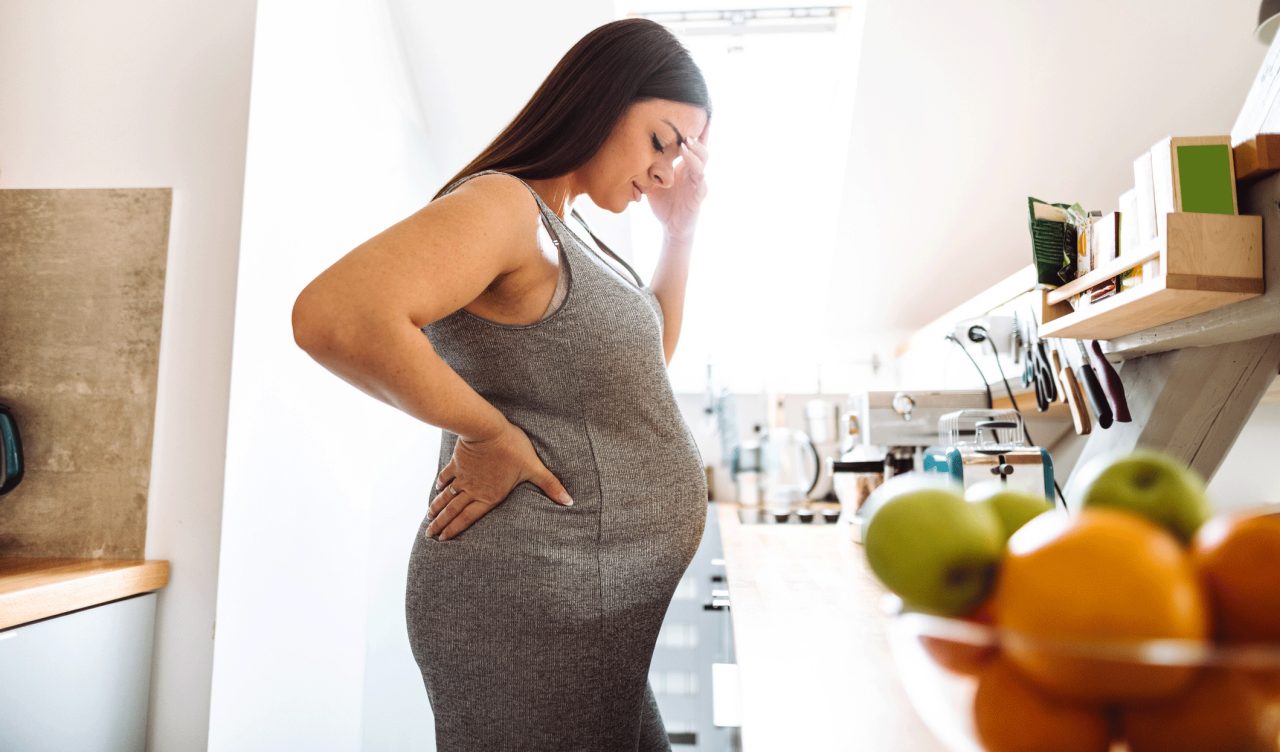Stress During Pregnancy

Moderate stress during pregnancy won’t hurt your baby, but big events could have a lasting effect. It’s important to seek help.
Pregnancy is full of everyday stress. You’re uncomfortable, nauseated for weeks, or you’re tired and your back hurts. It’s a change and can bring up all kinds of feelings. You might be afraid of losing the baby or dread labor and delivery. If you’re taking pregnancy leave or quitting a job, it’s easy to stress about finances or your career. You might be worried about how tending an infant will affect your relationship with the other parent or other children.
At the least, this is a period that tests your mental health, and any previous issues may poke up again. About a fifth of all pregnant women may have an anxiety order, some research suggests, which raises their risk of postpartum depression. If you have a history of depression but are stable during pregnancy, your chance of postpartum depression is about 20 percent, other research found.
YOU MIGHT ALSO LIKE: Pregnancy Week by Week
Normal temporary stress isn’t all bad; a tight deadline can sharpen you mentally and ward off a cold for a while. It’s normal to experience some stress during pregnancy, in fact; your body is going through changes, and as your hormones change so does your mood. Yet, this type of stress doesn’t actually “raise your blood pressure,” as people say. It’s true that chronically high blood pressure raises the risk of preeclampsia, a pregnancy complication that affects your blood pressure and can trigger premature delivery. But those short-term spikes in stress don’t.
Some stress could even be good for your baby, according to a small (137 women) Johns Hopkins study that followed participants from mid-pregnancy to the child’s second birthday. If you had mild-to-moderate stress while pregnant, the baby had more advanced toddler skills than if a woman’s pregnancy wasn’t stressful.
On the other hand, a big stress, or chronic grinding stress, could affect the birth or a baby’s body. A 2017 review of studies found that significant stress doubled the chance of a miscarriage. (Just remember that miscarriage isn’t likely after 13 weeks). Other research links significant stress to preterm births and low birthweight. (Babies are born early all the time, and most do well).
Major stresses may affect your child’s future. In fact, exposure in the womb to Mom’s stress hormones may account for as much as 15 percent of the emotional and behavior problems we see in children. A 2019 study suggests a link to teen depression. What counts as major? Beyond living in a war zone, disaster area, or in poverty, a major stress might be untreated serious anxiety or depression, a death in the family, divorce, abuse, a serious accident or crime, or unexpected loss of your job or home.
Don’t ignore signs that stress is affecting your body, for example, if you find yourself overeating or sleeping more poorly than usual. Talk with at least one person you trust, even if there’s no solution at hand. If you’re overwhelmed by tasks, ask for help and accept any offers. Do the things you know help you calm down: listen to music, take warm baths, walk near trees, watch a comedy, read a novel, or pray.
Updated:
April 14, 2020
Reviewed By:
By Temma Ehrenfeld @temmaehrenfeld Janet O’Dell